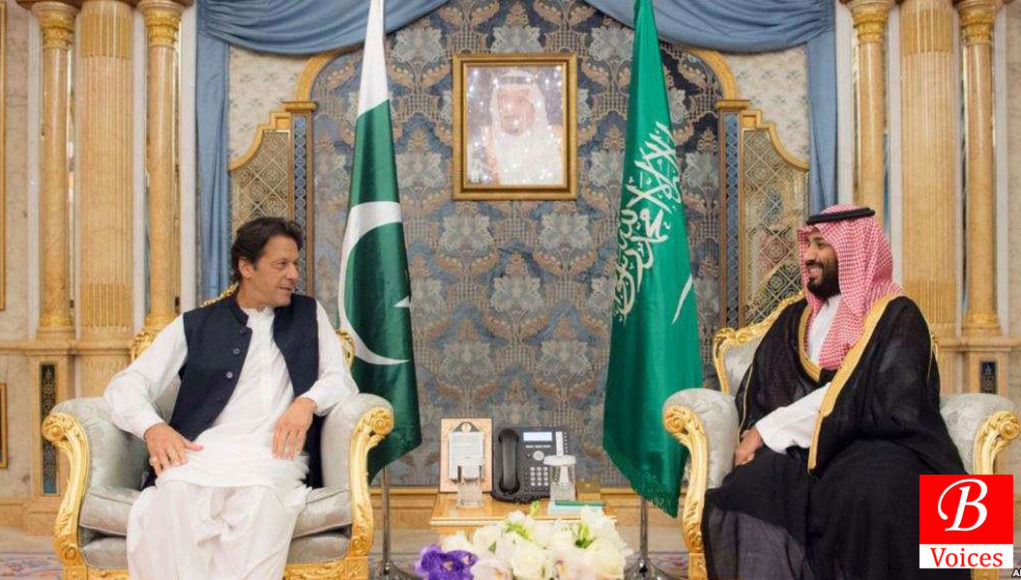 Saddam Shah
Saddam Shah
History speaks the geo-strategic worth of Gwadar louder than any political fascination, being part of Spykman’s ‘Rimland’. However, to utilize it in such geostrategic affairs is tremendously convoluted and challenging, where great powers have been even failing since ‘The Great Game’. In case of Pakistan, it is in between Iran and Saudi Arab: strong antagonists of each other where to appease one, other annoys naturally.
On other side, it is India having rivalry ties with Pakistan since independence of both the countries while, on other, Afghanistan is yet another conundrum. It has rigid US influence and having seasonal but influential relations with Islamabad despite physical remoteness. There appears China with shortest bordering neighbor in the north and having friendly liaison with Pakistan: a soft emerging power with fastest growing economy and regional sway. But will Beijing really help Islamabad in its economic development based on shared interests or colonize its left-potential through exploitation under the umbrella of China-Pakistan Economic Corridor in such geo-strategic culture, is still a matter of concern for many Pakistanis.
The role of Kingdom Saudi Arab in CPEC coined in national media when the government was desperate to have financial bailout. It fundamentally brought two complications on one table: Islamabad-Riyadh ties and CPEC itself. These both issues aired when PM Imran Khan had made clear that Pakistan needed bailout and even asking IMF, considered taboo by PTI leadership prior to assuming the government, was even approved.
Firstly, the PTI-led administration began with severe criticism on previous administration’s handling of such mega initiative since former’s offensive election campaign and even after taking executive oath. The statement of PM’s advisor on Commerce and Industry, Abdul Razak Dawood, to hold CPEC for a year and review, was perhaps first of its kind by any government official. He had to back-out due to pressure and stated that it was understood out of the expressed context. Secondly, when Minister for Information, Fawad Chaudary, informed proudly and confidently that Riyadh would be third strategic partner in CPEC, he had to get cold feet later after realizing his misuse of terms and came-up for a clarification that it has agreed to invest in one of CPEC’s off-shoots.
CPEC is a flagship project of Belt and Road Initiative (BRI) mainly between two main parties, China and Pakistan. It is not between the governments but states. Political leadership of Pakistan from almost every party calls it a ‘Game-Changer’ that, in fact, China uses for its broader BRI. PPP and PML-N both use to take its credit while PTI dismisses that at every front. Despite harsh criticism internally among a segment of politicians, academia, journalists and people, it is neither politically nor officially acknowledged.
The inclusion of Saudi Arab in CPEC was wholeheartedly welcomed by Pakistan but it also raised concerns in context of China and Iran. To some that means the influence of United States in CPEC through the Kingdom which could annoy China. However, China accepted it without any objection rather it was necessary and KSA with its ‘Vision 2030’ has its own deep interests by investing in the project. Pakistan and China have good ties with the Kingdom being leading GCC member which is one of the pre-requisite for the success of CPEC. As far as Iran is concerned, since 1979 Islamabad’s relation with it is not as friendly as it should be and it has not accepted to partner in CPEC. Perhaps, that is because of many reasons. However, now it should have new start in favor of both the countries. Pakistan’s gesture of mediation between Iran and KSA and staying neutral regarding Yemen was positive but now it needs to tighten bilateral relations more than ever.
As explained by the Finance Minister to clarify Riyadh’s role to be the first partner in one of CPEC’s derivative projects but whether it would be bilateral or trilateral is yet to be clarified. In case of trilateral, Pakistan may not be on winning side because of must require-say of China in economic projects other than CPEC. It also adds to already existing concerns on CPEC: How Pakistan and China would reach on mutual consent to invite other countries in its off-shoots and how would it affect bilateral relations of Pakistan with other countries, especially where its interests diverge from that of China or vice-versa? Furthermore, what would be the scope of CPEC regarding Pakistan’s economic relations or it encompasses almost all?
CPEC is, no doubt, a mega project and needs political consensus that it has got politically and perhaps, almost everyone accepts its significance for Pakistan. The noteworthy question under criticism is its framework, conditions, share and role of Pakistan. This cannot be seen with shallow claims, high praises or sweet words but realistically with the lens of national interest in true sense, obviously the way China does for itself. There is open space for review, vividly mentioned in CPEC’s Long-Term Plan issued by the previous government and signed by both the parties. So that, there is nothing wrong if Pakistan asks to review it timely and takes China into confidence for appropriate steps without affecting its essence.
It is unfortunate that we have blanket cover over CPEC despite being a serious and long-term state policy that is multidimensional and affecting every segment of society and state affairs. It is again misfortune that we have almost pro- or some anti-CPEC analysts, while we need analysts with expertise on the subject for worthy way-forward where essential. Pakistanis must have their say in it, of course worth rational one. It would be unfair and colonial way to impose CPEC by the leaders that may multiply problems for young generation that are already infinite. They deserve to take control of their country in better state affairs. Hence, internal critics should not be surrendered even on Chinese insist, else it would literally mean to be Chinese colony in technological age. No one else can be Pakistan’s all time-tasted friend but its citizens and the sovereignty they have surrendered to the state should be respected the most.
Writer is student of Defence and Strategic Studies at QAU, Islamabad. His area of interests include Politics of Balochistan, South Asian Politics, Terrorism and Counter-Terrorism. He can be reached on twitter @Saddam_Shah98.
Disclaimer: Views expressed in this article are those of the author and Balochistan Voices not necessarily agrees with them.
Share your comments!








